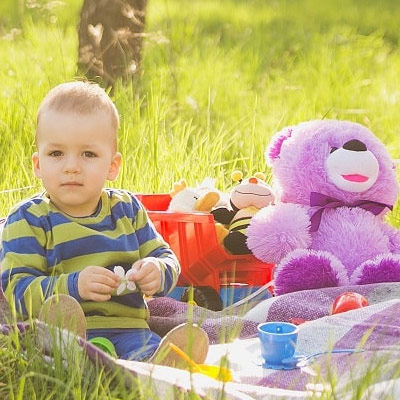 On the last day of school in June, the local grade school hosts an “off to middle school party” for the departing fifth graders.  During the gala two hour event, the fifth graders gather in the gymnasium to sign yearbooks, to eat snacks, and to dance.  At precisely 3:00 PM,  they give beloved school personnel a quick hug good-bye, then into the future they go, no longer little children, but not yet teens.
On the last day of school in June, the local grade school hosts an “off to middle school party” for the departing fifth graders.  During the gala two hour event, the fifth graders gather in the gymnasium to sign yearbooks, to eat snacks, and to dance.  At precisely 3:00 PM,  they give beloved school personnel a quick hug good-bye, then into the future they go, no longer little children, but not yet teens.
For my three children, this yearly tradition proved to be an emotional experience, albeit several years apart. Â The joy felt at becoming middle schoolers quickly faded once the school vanished from sight, and each exhibited overwhelming sadness by the time we arrived home. Â All that they had known about school — the routines, the faculty, the staff, the expectations — had been taken away. Â What remained was the fear of beginning anew.
It’s at times like these that a parent’s response needs to be appropriate and immediate. Â Imagine a tween whose parent scolds him for crying about leaving the fifth grade behind. Â The words, “What are you crying about? It’s time to start acting like a man now that you’re going into the sixth grade,” are not what this boy needs to hear. After all, at 10, what does he know about being a man?
Or maybe a mom feels uncomfortable about her daughter’s tearful reaction, so instead of offering words of wisdom to the child, she turns up the radio or the TV and ignores the situation. Â In this case, the child may think that her sadness must not be justified, so she questions the validity of her own emotions.
At the very least, a parent should try to understand his or her child and respond accordingly.  In the case of leaving the familiar behind, statements such as, “I understand how bad you feel, but you’ll see that although middle school will be different, you’ll have lots of fun” would be much more helpful that verbal shaming or a lack of response.
In addition, a simple hug from a parent will work to reassure a child wary of tackling something new. Â True, some tweens tend to pull away from mom and dad, yet at emotional junctures, non-verbal expressions of love will still be accepted.
Changing schools during the tween years can be trying, even when a child has lots of friends and does well academically. Â In my case, the transition from grade school to middle school for each of my three children wasn’t devoid of problems. Â There were some trying moments for each child, but because I had listened to their fears and wiped away their tears on those days after the “off to middle school” parties, they each rose to the challenge with determination.
Think about your own tween. Â Do you listen to his or her fears and offer guidance? Â I hope so, as even if you feel unsure about what to say during the difficult moments, a tween will pick up on the fact that you really do care.
(Photo: Muriel M. Sawicki)










